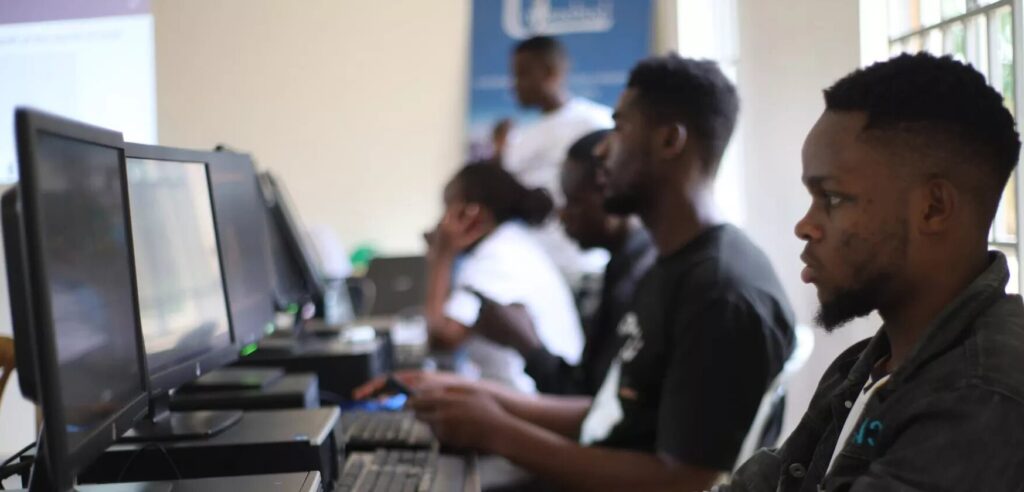A new joint report from the International Labor Organization (ILO) and the Office of the Envoy of the Secretary-General of the United Nations (OAS). United Nations for Technology highlights the positive impact that the Artificial Intelligence (AI) could have on the world of work, provided that strategic steps are taken to leverage its benefits in an inclusive manner.
The document, entitled Mind the AI Divide: Shaping a Global Perspective on the Future of Workunderlines how the IA is transforming industries, creating enormous opportunities to improve the quality of life of the productivity and the working conditions worldwide.
The IA has the potential to revolutionize workplaces, boosting efficiency and enabling the creation of new job opportunities. In sectors ranging from manufacturing to services, automation and machine intelligence can free workers from repetitive tasks, allowing them to focus on more creative and strategic roles. This shift not only promises to increase productivity, but also to improve the quality of work and the well-being of employees.
We recommend: AI will transform the world and entrepreneurs must anticipate what the future will look like: Bismarck Lepe
One of the most promising aspects of the advancement of the IA is its ability to improve decision-making in real time, optimizing processes and reducing errors. In the field of healthcare, for example, the IA is facilitating more accurate diagnoses and personalized treatments, while in the logistics industry, it is optimizing supply chains and reducing operating costs. These advances not only benefit companies, but also translate into more efficient and accessible services for society in general.
The report highlights that, although there is an increasing "AI gap" between high- and low-income countries, with the right policies and strategies, this technology can be a great equalizer. Investing in the improvement of digital infrastructure, education and training in information technology skills can be a great equalizer. IA will enable workers around the world to take advantage of these new tools, fostering a more efficient and effective inclusive economic growth.
In addition, the IA is not only destined to replace jobs, but also to create new roles that do not yet exist. Advances in technology can give rise to entirely new industries, generating employment in areas such as software development, data management and cybersecurity. This expansion of job opportunities could benefit millions of people, as long as education and lifelong learning are prioritized.
You can read: UNESCO report reveals Mexico's challenges in Artificial Intelligence development
The report also stresses the importance of fostering social dialogue to ensure that the integration of the IA The dialogue between governments, employers and trade unions is essential to ensure that the workplace respects workers' rights and improves their conditions. Dialogue between governments, employers and trade unions is fundamental to ensure that the technological revolution inclusive and that the benefits of the IA are distributed equitably.
Mind the AI Divide urges policy makers and industry leaders to harness the transformative potential of the IA to build a more just and prosperous future of work.
He stresses that with international cooperation and a focus on skills development, AI can be a powerful tool to drive economic growth, improve job quality and close socioeconomic gaps around the world.
Source: ILO


